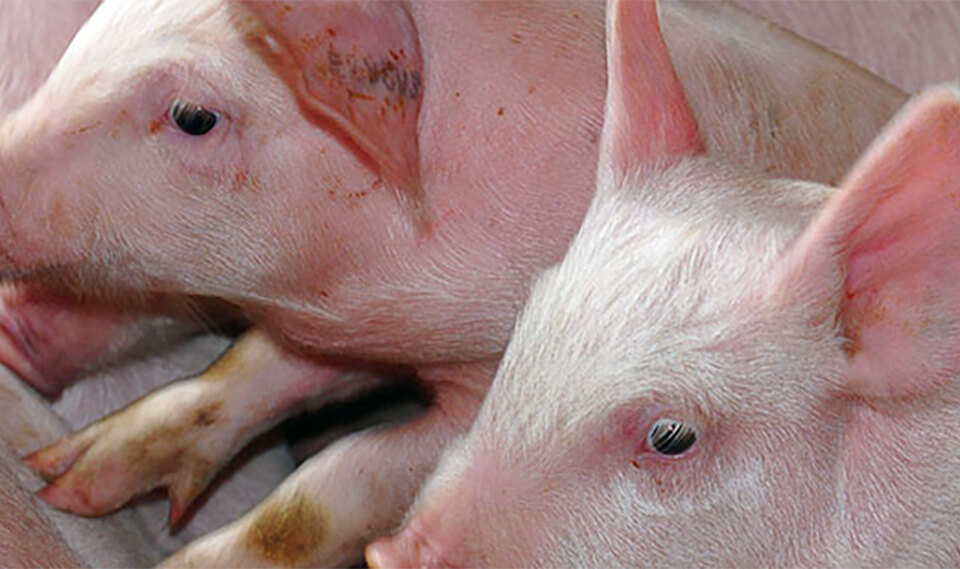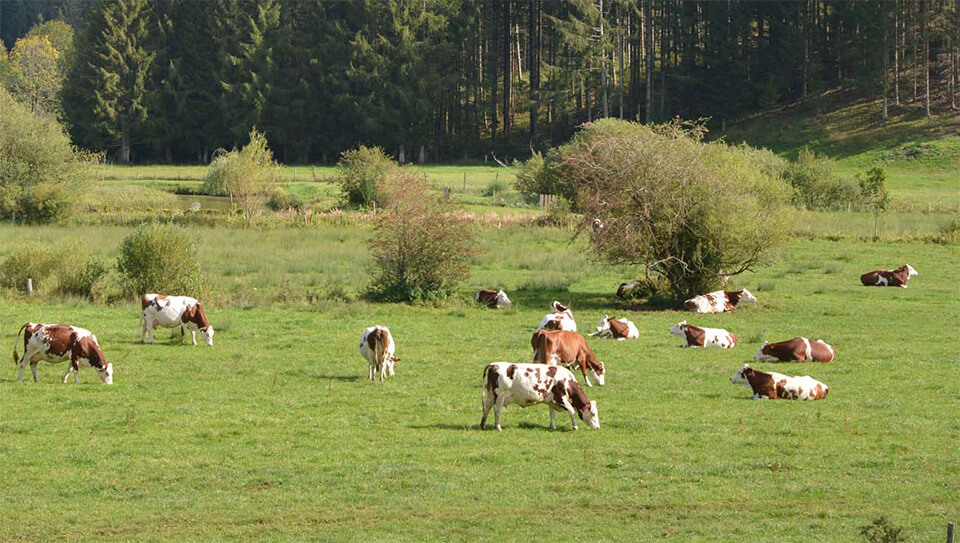Contribution de la génétique à la robustesse et au bien-être des animaux d’élevage

Auteurs
Abstract
Genetic selection of farm animals must take into account new selection objectives, including sustainability of animal production and animal welfare. This means the selection for more robust animals which are adapted to rearing conditions that are not always optimal. Robustness is the ability to combine high production potential under different environmental situations. Current strategies to increase robustness include selection for ‘functional traits’, such as skeletal integrity, resistance to stress and disease and low mortality in neonatal animals. This is an effective strategy which should improve the welfare of farm animals and reduce mortality. The inclusion of these traits in classical or genomic selection plans will only be possible when they can be measured reliably in large populations of animals (high-throughput phenotyping) and when clear selection objectives have been defi ned. These new perspectives raise theoretical questions about the trade-off between production and adaptation traits, phenotyping strategies and genetic architecture of these robustness-related traits.
D'autres articles
N°44 Mai 2008 Page 7
Bovins · Aucun thème


